A quiet bench on the Quiet Title Act: Justices hold muted debate on statute of limitations
SCOTUSBlog
DECEMBER 1, 2022
Those who spoke extensively, however, seem ready to reject the government’s argument that the statute of limitations at issue here is a strict jurisdictional rule, as opposed to a “mere” claims-processing rule, which could be waived in an appropriate case. It has stare decisis effect.”

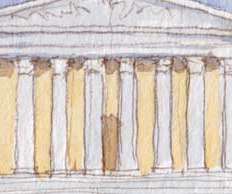


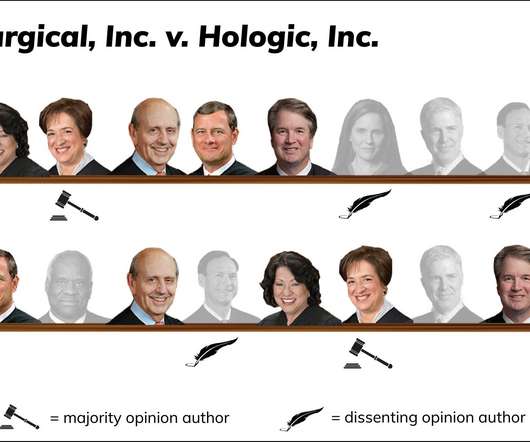

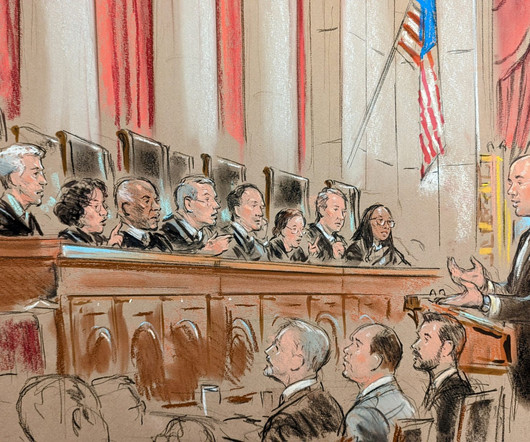
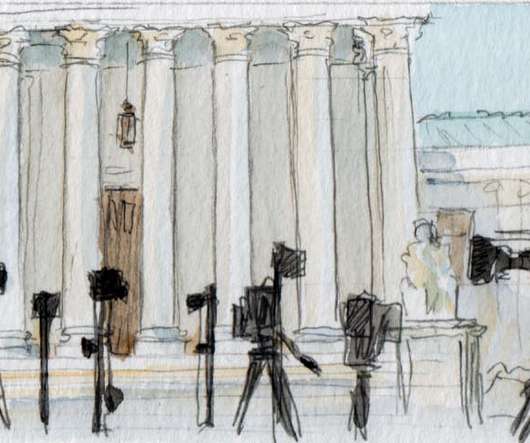
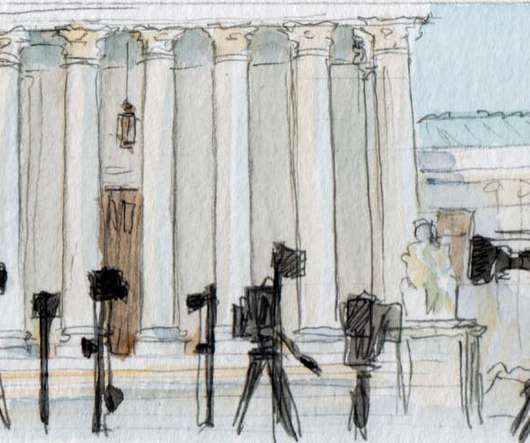
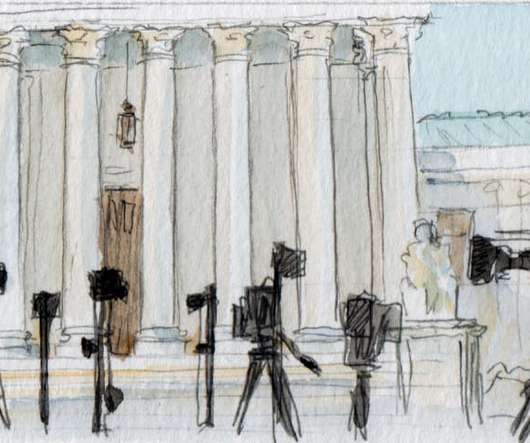
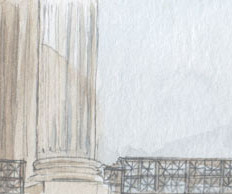
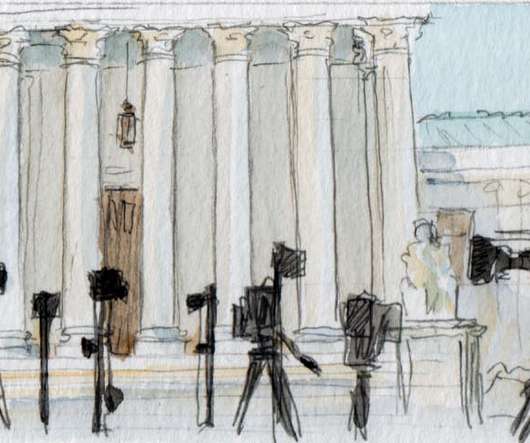
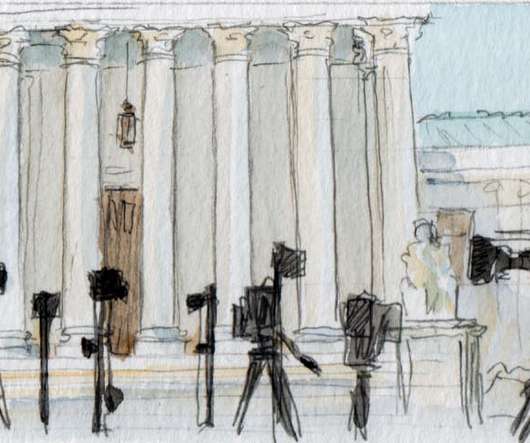
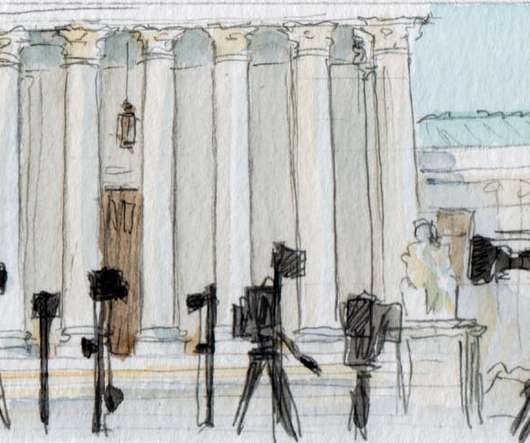
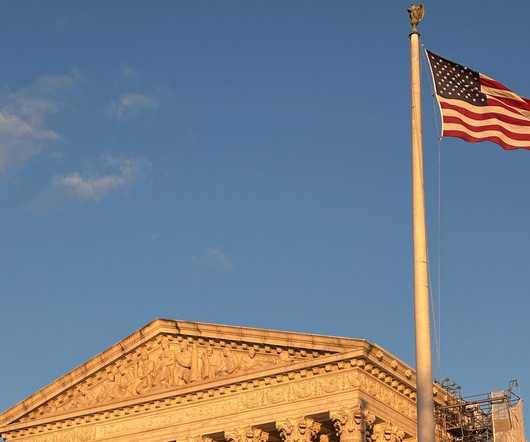
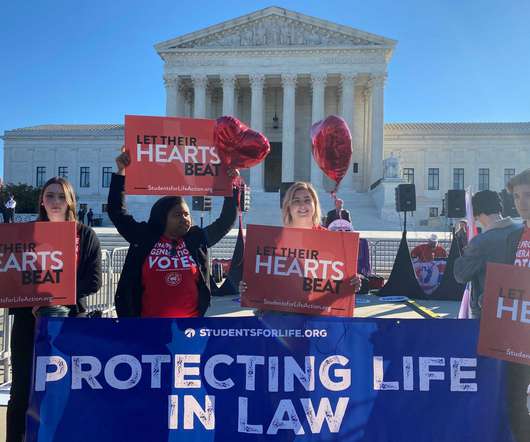








Let's personalize your content